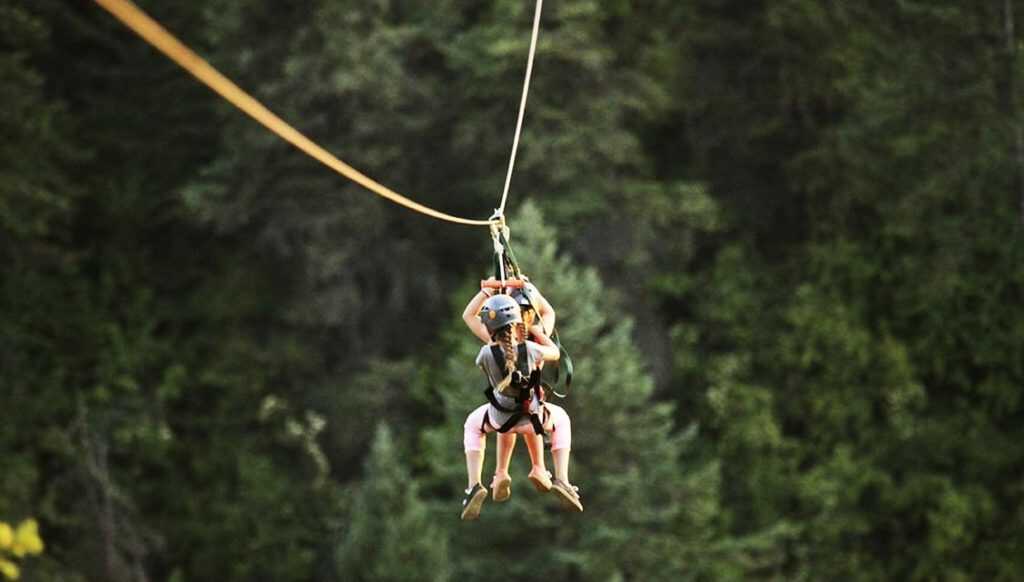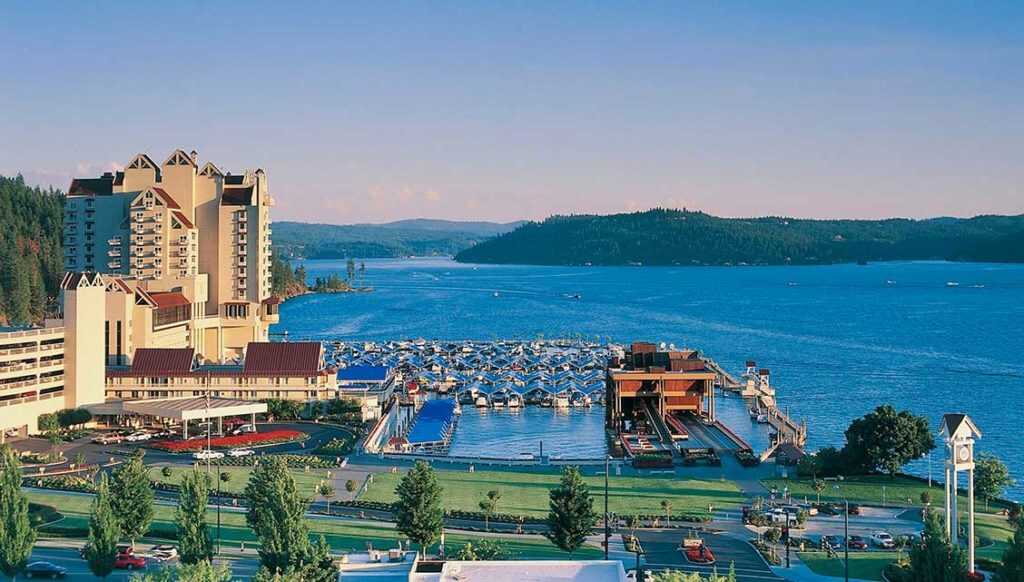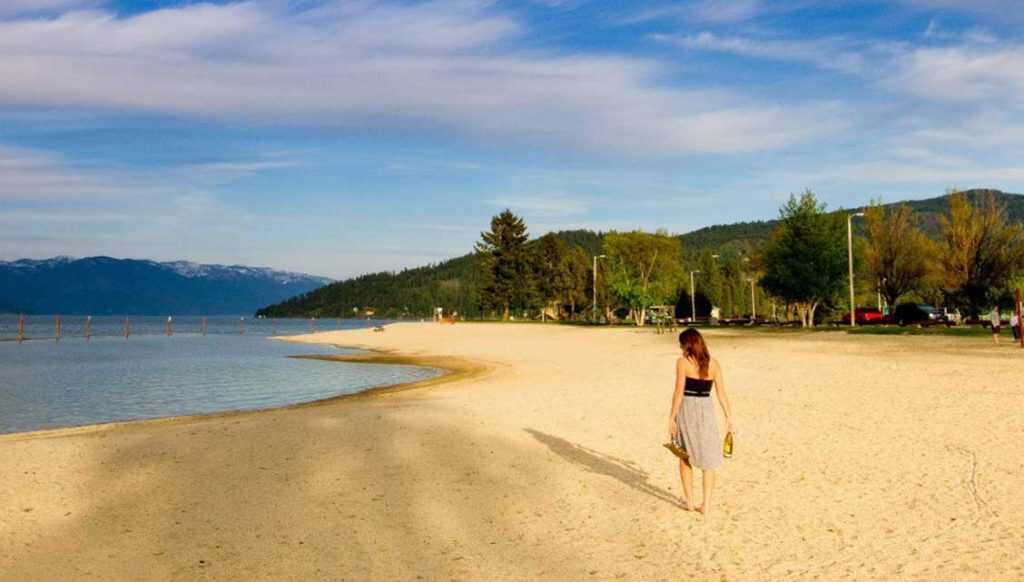Thinking of venturing into the vacation rental business but not sure where to start? You’re not alone. In fact, this booming industry is attracting more and more entrepreneurs every year, with millions of dollars at stake.
This beginner-friendly guide will walk you through the process – from crafting your business plan to finally receiving bookings on your property. Excited yet? Read on and let’s turn that dream into a reality!
Key Takeaways
- To start a vacation rental business, it’s important to create a solid business plan by crunching the numbers and researching location-specific rental laws.
- Setting up your vacation rental business involves forming a legal entity, obtaining licenses and permits, purchasing a suitable property, and creating attractive listings on rental sites.
- Making your vacation rental profitable requires investing in necessary supplies, considering financing options, and effectively advertising your property. Providing quality service and maintaining guest satisfaction is key to attracting repeat customers.
Creating a Vacation Rental Business Plan
Crunch the numbers and decide on a business model to determine the financial feasibility of your vacation rental venture. Research location-specific rental laws to ensure compliance and avoid legal complications.
Analyze potential returns from a vacation rental by considering factors such as market demand, competition, and expenses.
Crunch the numbers and decide on a business model
First, it is key to know your costs. Look at how much you will spend on buying a home for rent. Also consider costs like fixing up the house and paying bills. Then think about how much money you can make from renting out the property.
You must choose a business model that fits these numbers. This could be short-term rentals with high prices or long-term ones with lower prices. The right choice depends on what brings in more profit.
Research location-specific rental laws
Rental laws change from place to place. They tell what owners can and can’t do with their vacation rental properties. It is key to know these rules before you start your vacation rental business.
Some places might have strict rules for short term rentals. Others may allow them without a lot of fuss. Cities may even need special permits or licenses for your vacation property.
This could be true for both small towns and big cities.
It’s not smart to ignore these laws, as it could get you in trouble down the line. You might end up paying fines, facing legal action or shutting down your business altogether.
Reach out to local real estate agents or property managers if you need help understanding the laws in a certain area. Use their knowledge of local culture and tourist destinations nearby too!
Analyze potential returns from a vacation rental
Think about the cash you may get from your vacation rental. Look at what similar properties make in your area. You can find this out on vacation rental sites. Your property’s location, size, and style will affect how much money you can ask for.
Factor in all expenses too. These are things like cleaning service fees, business line costs, and insurance costs. Next, subtract these from your income to see if you profit or lose money.
Doing this gives you a clear look at what owning a vacation rental might bring you.
Setting Up Your Vacation Rental Business
To set up your vacation rental business, you need to form a business entity and obtain all the necessary licenses, permits, bank account, and insurance. Additionally, purchasing a suitable short-term rental property and creating a compelling listing on various rental sites are essential steps to get started.
Form a business entity
Once you’ve decided to start a vacation rental business, forming a business entity is an important step. This will help protect your personal assets and separate them from your business finances.
You have a few options when it comes to forming a business entity, such as setting up a limited liability company (LLC) or incorporating as an S corporation. It’s crucial to consult with a legal professional or accountant to determine the best choice for your specific circumstances.
Keep in mind that each option has its own advantages and considerations, so do thorough research before making any decisions.
Obtain licenses, permits, bank account, and insurance
To start your vacation rental business, make sure to take care of some important tasks:
- Get the necessary licenses and permits.
- Open a bank account dedicated to your rental business.
- Obtain insurance coverage to protect your property and guests.
Purchase a STR property
When starting a vacation rental business, one of the important steps is to purchase a short-term rental (STR) property. It’s crucial to carefully research and choose the right property that meets your needs and attracts potential guests.
Consider factors such as location, amenities, size, and proximity to tourist attractions. Conduct thorough market research to understand demand in the area and ensure there are opportunities for profitability.
Take into account any local regulations or restrictions on vacation rentals in the chosen area. Additionally, consider financing options that work best for your situation, such as buying outright or exploring rental agreements.
Create a listing on rental sites
To attract potential guests for your vacation rental business, it is important to create a listing on popular rental sites. This will help you reach a wider audience and increase your chances of booking reservations.
When creating your listing, make sure to provide accurate and detailed information about your property, such as its location, amenities, and pricing. Use high-quality photos that showcase the best features of your rental.
Additionally, highlight any unique selling points that set your property apart from others in the area. By creating an attractive and informative listing on rental sites, you can increase visibility for your vacation rental business and attract more bookings.
The Secret to Thriving Vacation Rentals!
Dive deep into the world of vacation rental business with NW Hosting. From marketing expertise to full-service management, see why we’ve been North Idaho’s first choice for over a decade. Whether you’re planning a getaway in Coeur d’Alene or eyeing profitable rental management, we have your back. Start your journey today!
Making Your Vacation Rental Profitable
Set up your vacation rental property with all the necessary amenities and ensure it is clean and well-maintained.
Set up your vacation rental property
To set up your vacation rental property, there are a few important steps to take. First, make sure you have all the necessary supplies for your guests, like linens and kitchen essentials.
It’s also a good idea to invest in furniture and decor that will make your property feel welcoming and comfortable.
Next, consider financing options if needed. You can choose to buy the property outright or explore other options like borrowing money or renting it. Just be sure to carefully consider the costs involved and find what works best for you.
Once your property is ready, it’s time to advertise it! Use online listing sites to showcase your vacation rental and attract potential guests. Be sure to highlight any unique features or amenities that make your property stand out from others.
Lastly, don’t forget about guest satisfaction. Provide clear instructions on how to access the property and make yourself available for any questions or concerns that may arise during their stay.
Invest in necessary supplies
To make your vacation rental profitable, it’s important to invest in necessary supplies. Here are some items you may need:
- Furniture: Furnish your vacation rental with comfortable beds, sofas, tables, chairs, and other essential furniture pieces.
- Kitchen Equipment: Stock the kitchen with cooking utensils, pots and pans, dishes, glasses, and silverware. Consider appliances like a refrigerator, stove/oven, microwave, and coffee maker.
- Linens and Towels: Provide clean sheets, pillowcases, blankets, and towels for your guests.
- Cleaning Supplies: Keep cleaning products on hand to ensure a clean and hygienic environment for each guest’s arrival.
- Toiletries: Supply basic toiletries such as toilet paper, soap/shampoo dispensers in the bathroom(s), and hand sanitizer.
- Wi-Fi and Entertainment: Install reliable Wi-Fi for your guests’ convenience. Consider providing a TV with cable or streaming services like Netflix or Hulu.
- Safety Measures: Equip your rental property with smoke detectors, fire extinguishers, first aid kits, and clear instructions on emergency procedures.
- Outdoor Amenities: If applicable to your property type (e.g., garden or patio), provide outdoor furniture or grilling equipment for guests to enjoy.
Consider financing options
When starting a vacation rental business, it’s important to consider your financing options. You have several choices, including buying the property outright, borrowing money from a bank or other lenders, or even renting a property to use as your vacation rental.
Before making any decisions, thoroughly research and evaluate the costs and benefits associated with each option. Take into account factors such as interest rates, monthly payments, and potential returns on investment.
Remember that taking out insurance for your vacation rental business is also important to protect your investment.
Advertise your property
To make your vacation rental business successful, it’s crucial to advertise your property effectively. Start by creating an appealing listing on rental sites, highlighting the unique features and amenities of your vacation rental.
Make sure to provide clear and attractive photos that showcase the property in its best light. Additionally, consider utilizing social media platforms and online advertising to reach a wider audience.
Don’t forget to regularly update your listing with accurate availability and pricing information. By effectively advertising your property, you can attract more guests and increase bookings for your vacation rental business.
Conclusion
Starting a vacation rental business requires careful planning and consideration. Crunching the numbers, researching location-specific laws, and analyzing potential returns are important steps in creating a solid business plan. Setting up your business includes forming an entity, obtaining licenses and permits, purchasing a property, and creating listings on rental sites.
Making your vacation rental profitable involves setting up the property, investing in necessary supplies, considering financing options, and advertising effectively.
And when it comes to maximizing your property’s potential in the Pacific Northwest, trust the experts who understand every facet of vacation rentals. Unlock the full potential of your property with our comprehensive management, marketing, and hosting services. We have you covered, ensuring you not only establish a successful vacation rental business but also excel in providing quality service to your guests.
FAQs
1. How can I start my own vacation rental business?
To start your own vacation rental business, you first need a private property that suits short term rental needs. You also need to come up with a comprehensive business plan and follow the rules of the vacation rental industry.
2. What are some challenges as a vacation rental owner?
As a vacation rental owner, you might have to handle negative reviews, deal with increasing complex operations, manage booking fees and marketing fees along with other business expenses.
3. Are there any tips for running profitable vacation rentals?
Yes! You can ensure your short term vacation rentals are in tourist heavy locations and provide ample storage options. Also try to offer unique experiences compared to other vacation rentals for more success.
4.I’m worried about operating costs – how should I plan for them?
Good planning is key here! Make sure to account not just for obvious costs like property taxes but also factor in things like furnishings or supplies needed, marketing strategy costs plus any potential extra charges such as property management.




